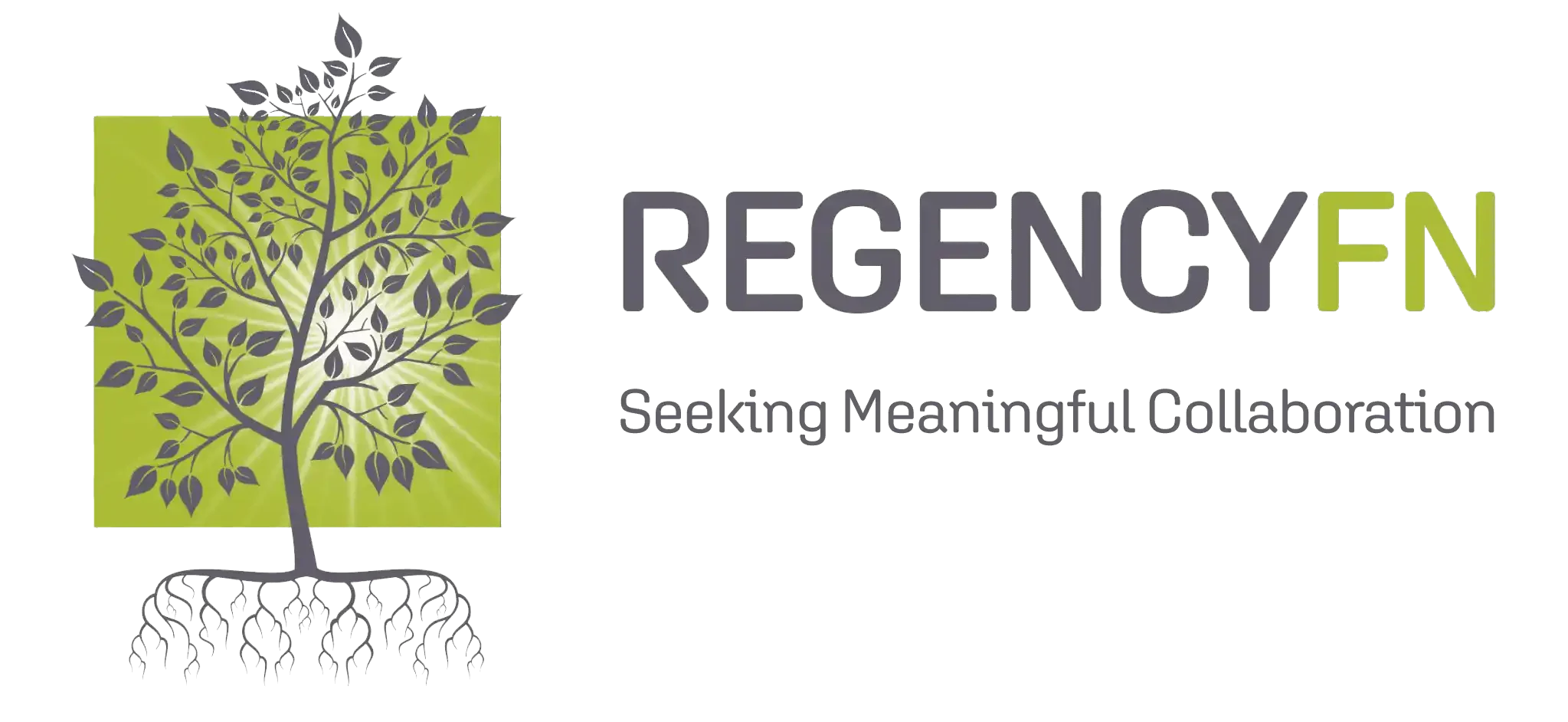Responsible Mining is Transforming Lives and Communities in South East Senegal
»» Our crew visited Teranga Gold’s Sabodala Mine to discover first-hand what’s possible when a mine comes to town. Sabodala is the only gold mine in Senegal and is set to be there for decades to come. It has upskilled locals and provided hundreds of jobs since beginning operations in early 2009. This number is likely to increase to the thousands in the decades ahead as the mine expands. However, beyond jobs and upskilling, as well as tax dollars and concession fees paid to the Government, what inclusive partnerships are benefitting local communities and paving the way ahead for a brighter future for all?
There has been a great deal of activity: The mine’s Social Fund has invested millions of dollars into a range of community interventions in close consultation with local leadership and the people of surrounding villages.
Water provision and infrastructure, new and improved roads, agricultural land transfer, the successful and mutually agreed to relocation of a small village into a new and expanded homestead cluster with brick homes and other amenities, as well as strict compliance with environmental regulations, are some of the initiatives that speak to the notion of ‘Responsible Mining’. Others include income generation programmes such as market gardens, demonstration farms and poultry husbandry. All of these offer regular, stable income opportunities and a tangible alternative to the backbreaking work and risk of arrest from illegal artisanal mining.
Newly established granaries, support for local schools and clinics, a malaria prevention programme and building a local radio station all illustrate partnership and dialogue that speaks to the heart of what it means to be a responsible mine. Since the mine arrived, solar energy and mobile communication have popped up across the local landscape, as have motorbikes – a welcome relief from walking kilometres on end in the searing heat and waiting hours on end for public transportation.
Mostly though, these and future initiatives are held within a framework of mutual participation and mandatory local input. A ‘social contract’, so to speak, that not only builds trust but offers a powerful model of working together for a brighter future in which all can benefit.

